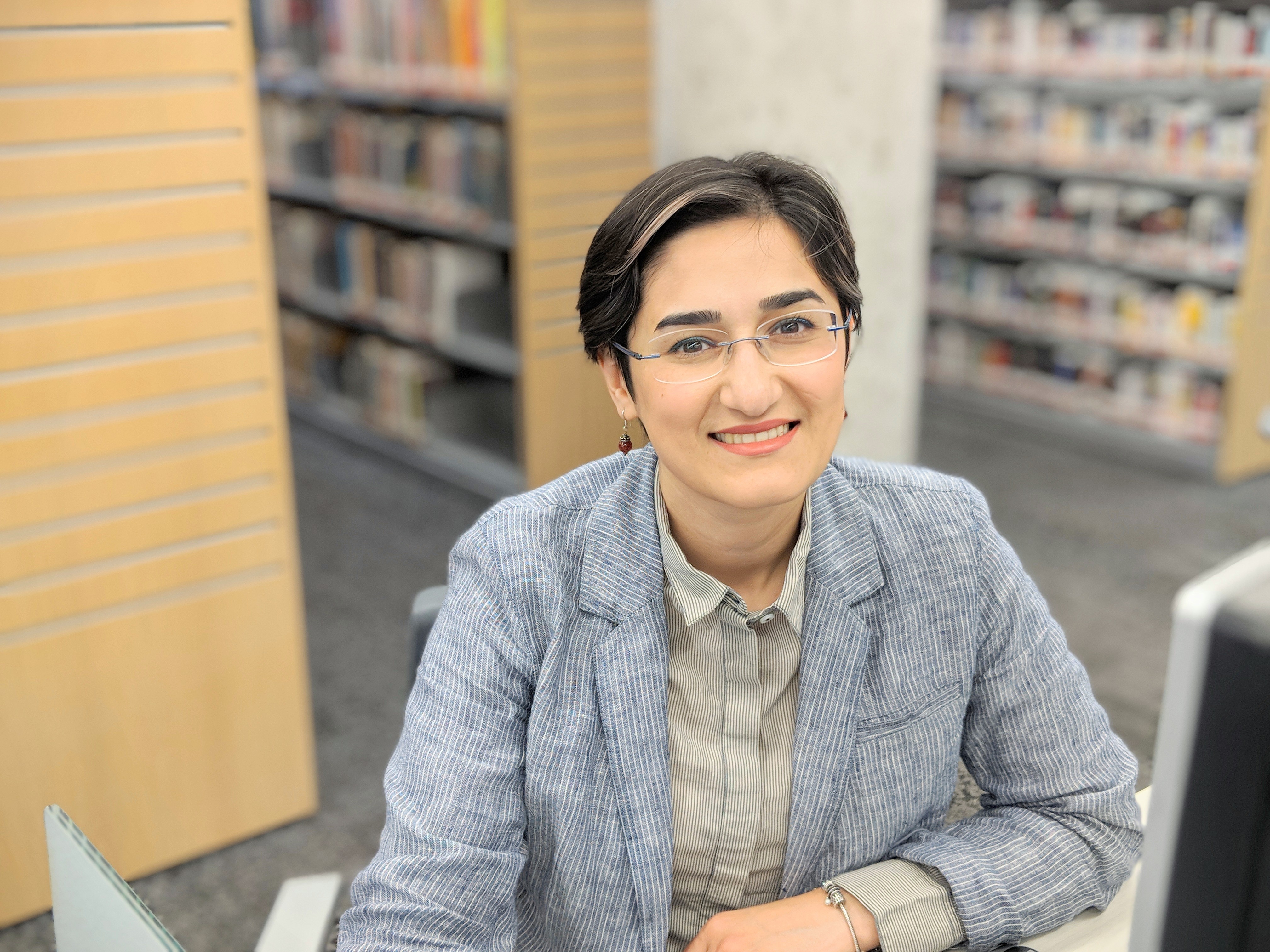
Safaneh Mohaghegh Neyshabouri is a PhD student in Comparative Literature (MLCS) and her research on Iranian women's history was the subject of tonight episode of CBC Radio One's Ideas from the Trenches.
Click here to listen to the postcast
More information about her research below:
How to Know about the Silent History of Women: A Feminist Standpoint Analysis of Life Writing by Qajar-era Iranian Women (1880-1904)
"I study the lives and voices of women that are often ignored in our knowledge of the "history of record." Two reasons for this ignorance are: first, history is often written around exceptional events involving great men doing great things, and second, what is considered "knowledge" is often accumulated through methods and processes that have serious blind spots when it comes to women and other marginalized groups."
"The first half of my work focuses on figuring out how to overcome these difficulties in learning about ignored women and their role in history, and how to revisit their roles and revive their voices. I build a framework for how to do this based on feminist epistemology, and particularly feminist standpoint theory in combination with everyday resistance theory. This framework recognizes that although there have been great women who have done great things in history, the role of women in historical change often involves more subtle, pragmatic, informal, and uncoordinated acts of resistance in everyday life that have slow long-term cumulative effects, rather than outright and direct confrontations with power that bring about sudden and radical change."
"The second half of my work applies the framework of the first half to learning about the role of women in the early modern history of Iran. The opportunity to do so arises from the recent availability of five travel journals that are some the earliest known examples of life writing by Iranian women. These journals were written by women in the Qajar era, which is a fascinating period in Iran's history. Because of the traditional Muslim societal context of this investigation, interesting issues and insights arise about how women advance their interests and rights in relation to religious beliefs, touching on questions that are still very relevant for women living in Muslim societies, communities, or families today."